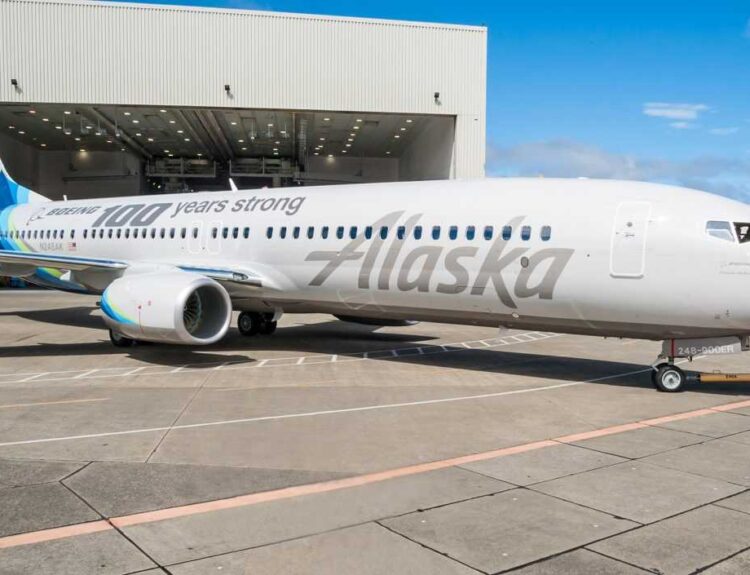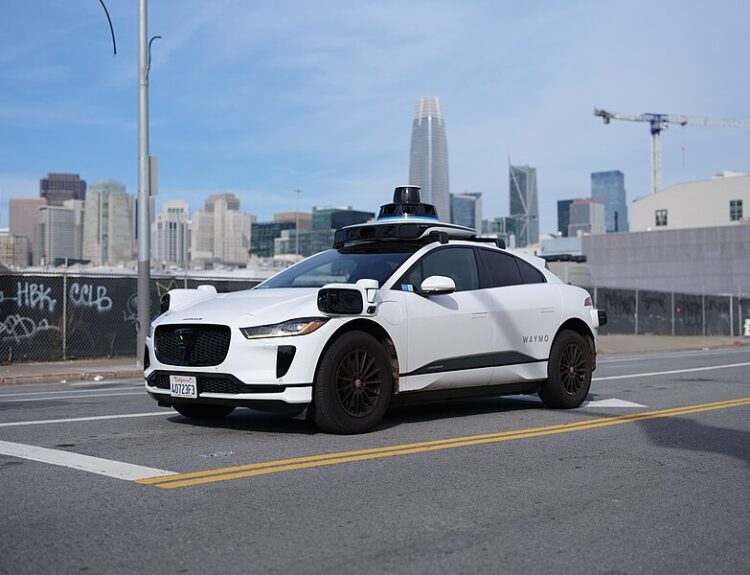Companies are hesitant to switch due to expensive operating costs
- Companies are hesitant to switch to battery-electric trucks due to high operating costs
- Truck makers need to improve battery weight, range, and charging times
- Battery-electric trucks cost three times as much to purchase as diesel rigs
- Setting up charging facilities for battery-electric trucks is time-consuming and expensive
- Operating costs for battery-electric big rigs are about twice as expensive as diesel trucks
- Converting a fleet to battery power can raise annual operating costs by 56-67%
- Battery-electric trucks require more vehicles and drivers to haul the same volume of freight
- Maintenance costs for battery-electric trucks can be higher due to rarer and more expensive parts
- Technological advances are expected to bring down costs in the future
- Regulations are being enacted to push truckers into zero-emissions vehicles
Truck leasing company Ryder System has found that many companies are reluctant to switch to battery-electric trucks due to the high operating costs. The cost of purchasing a battery-electric truck is about three times higher than a diesel rig, and setting up charging facilities is time-consuming and expensive. Ryder’s analysis shows that operating costs for battery-electric big rigs are about twice as expensive as diesel trucks. Converting a fleet to battery power can raise annual operating costs by 56-67%. Additionally, battery-electric trucks require more vehicles and drivers to haul the same volume of freight, and maintenance costs can be higher due to rarer and more expensive parts. Despite these challenges, technological advances are expected to bring down costs in the future. In the meantime, regulations are being enacted to push truckers into zero-emissions vehicles.
Factuality Level: 8
Factuality Justification: The article provides a detailed analysis of the challenges facing the adoption of battery-electric trucks in the freight sector. It includes insights from industry executives, data from companies like Ryder, and perspectives on the economic and operational hurdles of transitioning to electric trucks. The article presents a balanced view by discussing both the potential benefits of battery-electric trucks and the current limitations and costs associated with their adoption.
Noise Level: 3
Noise Justification: The article provides a detailed analysis of the challenges facing the adoption of battery-electric big rigs in the trucking industry. It includes insights from industry executives, data on operating costs, and the impact of regulations. The article stays on topic and supports its claims with examples and data. However, it could benefit from more diverse perspectives and exploration of potential solutions beyond technological advances.
Financial Relevance: Yes
Financial Markets Impacted: The article does not provide specific information about financial markets or companies impacted.
Presence Of Extreme Event: No
Nature Of Extreme Event: No
Impact Rating Of The Extreme Event: No
Rating Justification: The article discusses the challenges facing truck leasing companies and truck makers as they try to transition from heavily polluting diesel rigs to battery-electric trucks. It highlights the higher costs associated with battery-electric trucks compared to diesel rigs, including the purchase costs, operating costs, and the need for charging infrastructure. However, there is no mention of any extreme events or their impact.
Public Companies: Ryder System (Unknown), Daimler Truck North America (Unknown)
Private Companies: Penske Truck Leasing
Key People: Robert Sanchez (Chief Executive of Ryder System), Rakesh Aneja (Head of eMobility at Daimler Truck North America), Paul Rosa (Senior Vice President of Procurement and Fleet Planning at Penske Truck Leasing)
 www.wsj.com
www.wsj.com 





